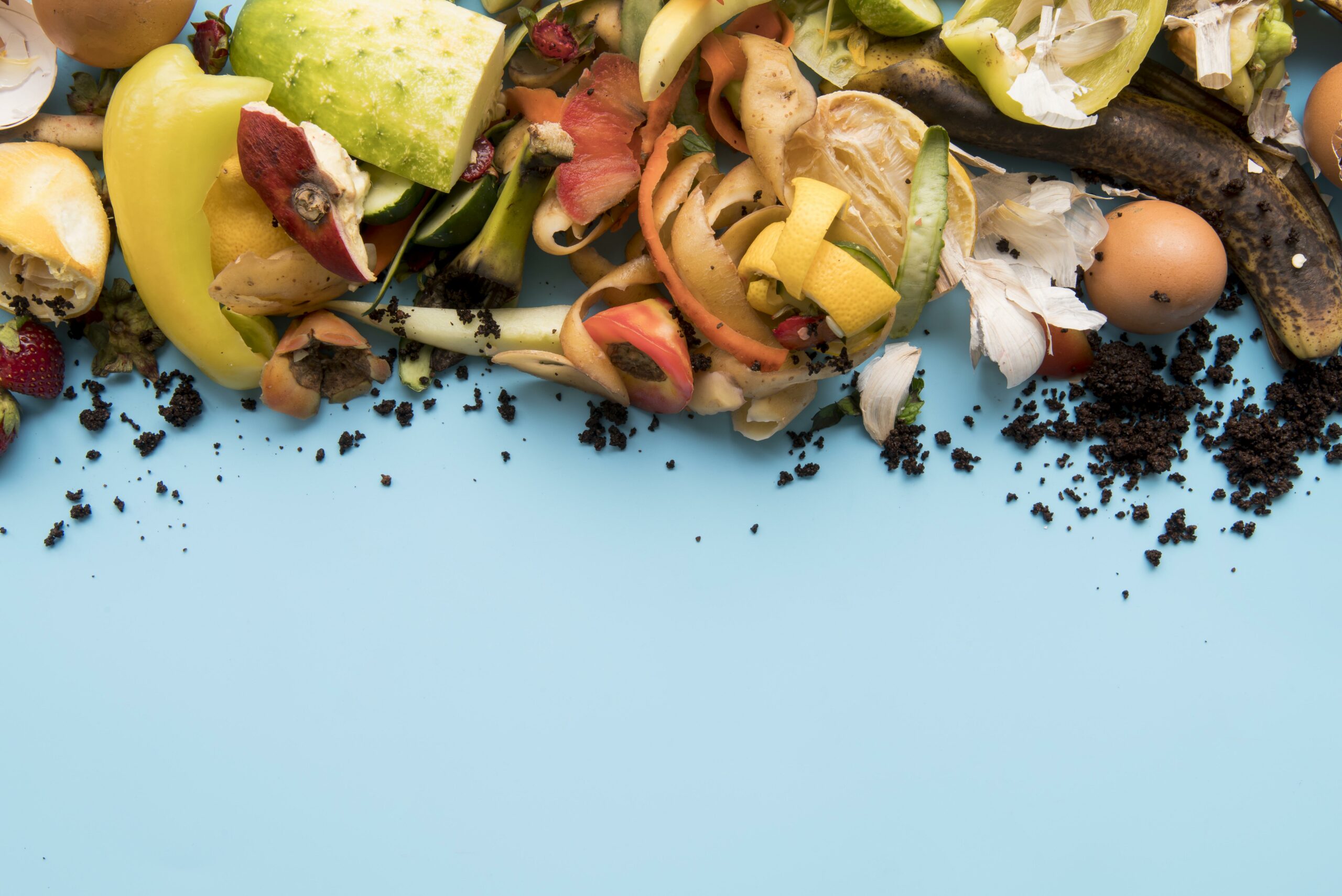
During the summer months, food waste reaches higher levels, compared to the winter months. Demands and consumption of fresh foods increase, but high temperatures put their cold chain of preservation at risk. Tourism can also contribute to exacerbate this problem: classic unplanned weekend getaways delight the souls of city dwellers, but often cause food that is not consumed to be waste.
Reducing food waste and food losses are two of the EU's main goals for achieving a circular economy by 2050.
Reducing food waste also contributes to combating climate change. Food waste is estimated to account for about 16 percent of all greenhouse gases in the EU food system. According to the Food and Agriculture Organization (FAO), the production and transport of food, which is then wasted, accounts for 8 percent of global greenhouse gas emissions.
At the root of household food waste is undoubtedly inadequate grocery and meal planning, impulse purchases dictated by promotional sales, often too large packages of food, and the “bad” habit of not consuming “less than perfect” looking fruits and vegetables.
Each of us can contribute to decreasing household food waste in a variety of ways. It is possible to pay more attention on our own purchases, get infomed and implement good practices for storing and reusing food, as well as the waste itself.
Here are some tips for decreasing waste:
Instead, these are some tips for reusing food scraps:
At Agricola Moderna we are committed every day to fighting waste. Our production of salads and basil is constantly optimized, our plants grow in an environment naturally protected from pests and weeds, thanks to constant control of all growth parameters: air, water, light and soil. The total bacterial load of our products is 3 times lower than that imposed by the EU for IV gamma, and E. coli levels are10 times lower than satisfactory values. That's why there is no need to wash our products: our salads and basil are packed from dry, are naturally ready-to-eat and stay fresh longer. They go from cutting to packaging in minutes and are available on supermarket shelves in less than 24 hours.